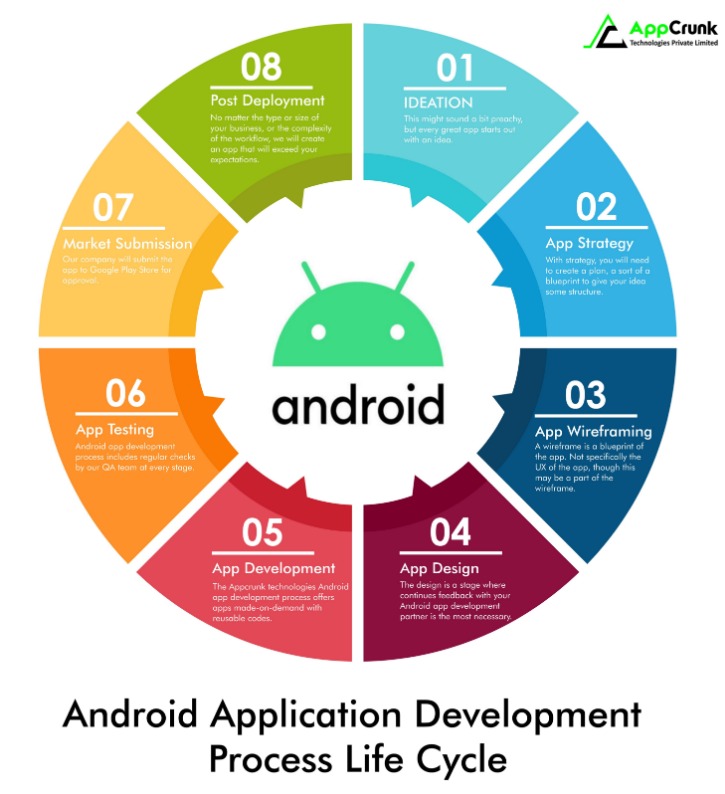In today’s digital age, Android App Development plays a significant role in shaping the future of mobile technology. With over 2 billion active users globally, the Android platform provides a massive opportunity for developers to innovate and create powerful applications. Whether it’s enriching user experience or enhancing productivity, Android apps are at the forefront of technological advancements.
The Essentials of Android App Development
Understanding the Fundamentals
Before diving into the intricacies of Android App Development, it’s crucial to understand its foundational elements:
- Programming Languages: Java and Kotlin are the primary programming languages used.
- Development Environment: Android Studio is the official Integrated Development Environment (IDE).
- SDK: The Software Development Kit (SDK) includes essential tools and APIs.
- Components: Activities, Services, Broadcast Receivers, and Content Providers form the backbone of an app.
Best Practices for Creating High-Quality Apps
To ensure success in Android App Development, developers should adhere to best practices:
- Maintain a User-Centric Design.
- Ensure App Performance and Optimization.
- Implement Robust Security Measures.
- Consistently Test for Bugs and Issues.
- Keep Up with the Latest Trends and Updates.
Frequently Asked Questions (FAQs)
What languages are used in Android App Development?
The primary languages used are Java and Kotlin. Both languages offer robust frameworks and are supported by Google.
Read more about Mobile App Development here.
What are the basic components of an Android application?
The core components include Activities, Services, Broadcast Receivers, and Content Providers. Each serves a specific purpose in app functionality and user interaction.
Is it necessary to use Android Studio for development?
While Android Studio is the official and most widely used IDE, there are other alternatives like Eclipse and IntelliJ IDEA. However, Android Studio offers the most comprehensive tools and support.
How can developers ensure their apps are secure?
Implementing security measures such as data encryption, secure data storage, and regular security updates can help safeguard apps against potential threats.
Embracing the dynamic field of Android App Development opens up countless opportunities for innovation and growth. By understanding the basics, following best practices, and leveraging modern tools, developers can create apps that not only meet user needs but also push the boundaries of what’s possible in mobile technology.




